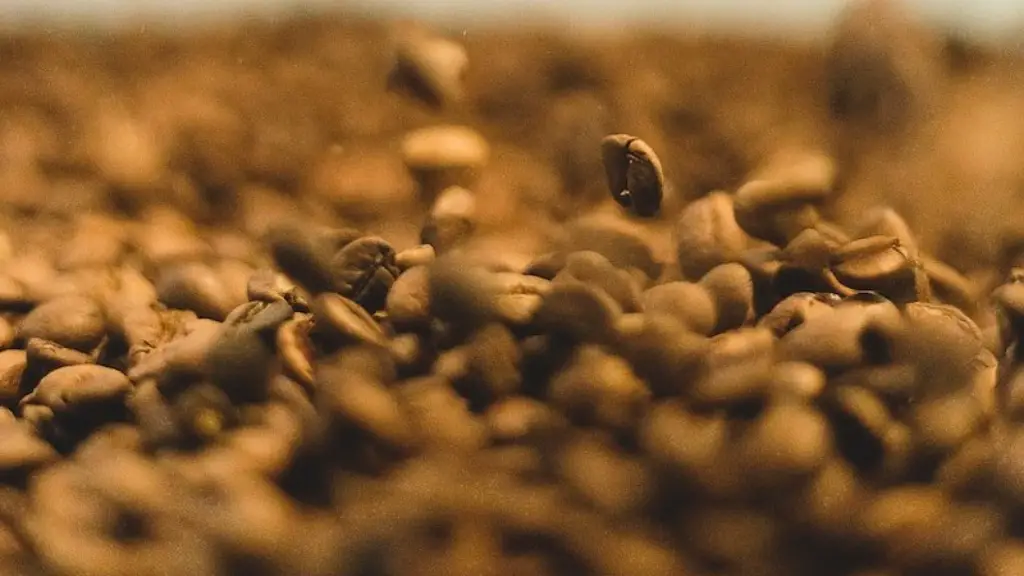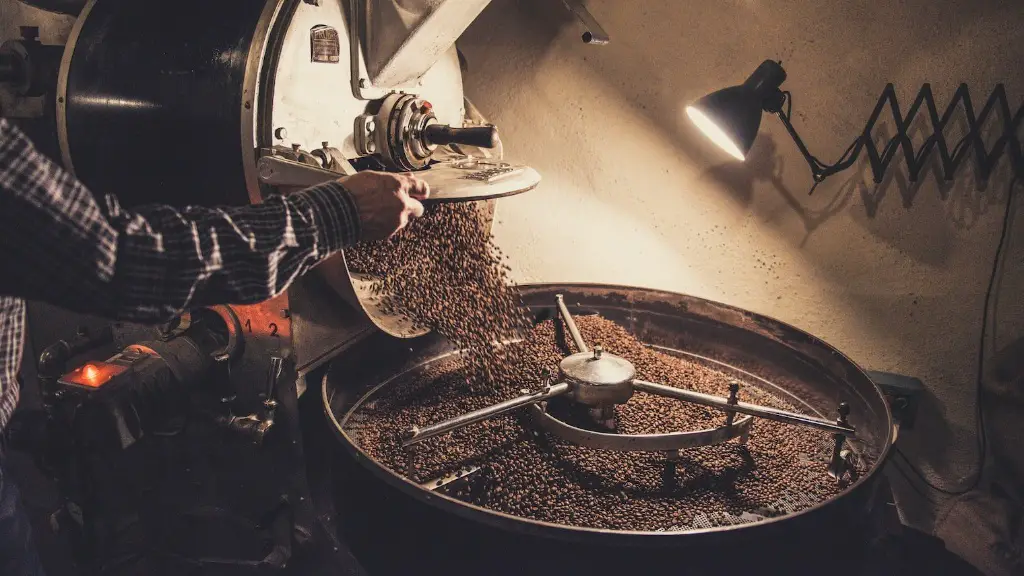For avid coffee drinkers, there are few things as important as getting enough of their favorite brew. However, consumption of coffee should be limited to certain times of the day in order to maintain an optimal level of energy and alertness throughout the day. So, the question is; what time of day should you stop drinking coffee?
Coffee has been known to provide a number of benefits, such as increased alertness and energy, improved memory, improved reaction time, and a better mood. However, it is important to remember that too much coffee can lead to negative effects such as anxiety, jitteriness, and insomnia. Additionally, coffee has a diuretic effect, which means that it can make you dehydrated, leading to headaches, fatigue, and difficulty concentrating.
Most experts recommend limiting coffee consumption to two to four cups per day, but it is also important to take into account the time of day and the amount of caffeine consumed. For instance, it is advisable to avoid consuming coffee after lunchtime, as too much caffeine late in the day can interfere with your sleep. Furthermore, it is best to avoid consuming coffee in the evening, as it can make it harder to fall asleep. It is important to note, however, that this can vary greatly based on personal preferences and the time of day that particularly suits you best.
In terms of caffeine content, it is important to remember that different types of coffee contain varying levels of caffeine. Espresso, for instance, contains more caffeine than regular brewed coffee. Furthermore, it is important to remember that energy drinks, tea, and chocolate also contain caffeine. Therefore, if you have been consuming caffeine long before lunchtime, it is best to limit your daily caffeine intake by cutting back on your coffee consumption, even if it is before lunchtime.
Overall, it is important to remember that everyone responds differently to caffeine, so it is best to consider your own habits, preferences, and lifestyle when deciding the most suitable time of day to stop drinking coffee. While mornings are generally considered to be the best time to drink coffee, due to the fact that it provides an energy boost and improved mood, the best time to stop may be different for each person. Ultimately, the optimal time to stop drinking coffee will depend on your own individual routine and preferences.
The Enviorment
While most people associate high caffeine intake with potential health risks, it is important not to forget about the potential environmental effects. Coffee production is responsible for a significant amount of water use, and if coffee is consumed in excess, this can add to the negative ecological impact caused by production. Furthermore, large scale production of coffee tends to involve the use of chemical fertilizers and pesticides, which can lead to soil and water contamination. Therefore, limiting coffee consumption can be beneficial for the environment.
Additionally, it is important to remember that the majority of coffee cups used in coffee shops and restaurants are made of plastic or polystyrene foam, which can take centuries to decompose. This means that it is essential to be mindful of the amount of waste generated when consuming coffee, and limit your own environmental footprint.
As such, when considering the time of day to stop drinking coffee, it is important to take into account the potential environmental impact of coffee production and consumption.
The Costs
Apart from the environmental costs of coffee consumption, it is important to take into account the financial costs as well. If coffee is consumed in excess, this can quickly lead to large expenditures that can add up over time. Additionally, coffee shops tend to be more expensive than making coffee at home, so cutting back on coffee consumption can also help save money.
When deciding when to stop drinking coffee for the day, it is worth taking into account the financial benefits of limiting consumption. If you find that you are overspending on coffee, it may be beneficial to set yourself a limit and avoid drinking coffee late in the day.
The Impact of Caffeine
Caffeine’s effects on the body are often beneficial in providing an energy boost, but it is important to remember that it can also lead to side effects that can range from minor to serious. As such, it is essential to be aware of how caffeine affects your body and how to ensure that you consume it in a safe and controlled manner.
High doses of caffeine can cause restlessness, anxiety, irritability, and an increased heart rate. Furthermore, it can interfere with your sleep, leading to exhaustion and difficulty concentrating. Therefore, it is important to be mindful of the negative effects of caffeine and limit consumption to a safe range.
Overall, it is essential to remain aware of the potential side effects of caffeine consumption and take into account the time of the day in order to avoid any negative effects. While the optimal time to stop drinking coffee may vary depending on individual preferences and lifestyle, it is generally advised to stop by lunchtime to ensure that your body gets enough rest and energy.
Supplements and Herbal Alternatives
For those looking for an alternative to coffee, there are a number of supplements and herbal drinks available. These can be beneficial for providing an energy boost without the potential side effects of caffeine. For example, ginseng, guarana, and yerba mate are all natural alternatives to coffee that provide an energy boost without the potential caffeine-related side effects. Additionally, there are a number of dietary supplements available that can provide a steady energy boost throughout the day.
Overall, if you are looking for a way to maintain energy and alertness throughout the day without the potential side effects of caffeine, then it is worth considering supplements and herbal alternatives. By doing so, you can get the benefits of an energy boost without the potential negative effects and without having to worry about the time of day that you should stop drinking coffee.
Conclusion
When it comes to drinking coffee, it is important to keep in mind that it can have both beneficial and negative effects. As such, it is essential to be mindful of the amount of caffeine consumed and the time of day that it is consumed in order to prevent any negative effects. Furthermore, it is important to consider environmental and financial costs when making decisions regarding coffee consumption. Additionally, there are a number of supplements and herbal alternatives available that can provide a similar energy boost without the potential side effects of caffeine. Therefore, when deciding when to stop drinking coffee for the day, it is important to consider all of these factors.




